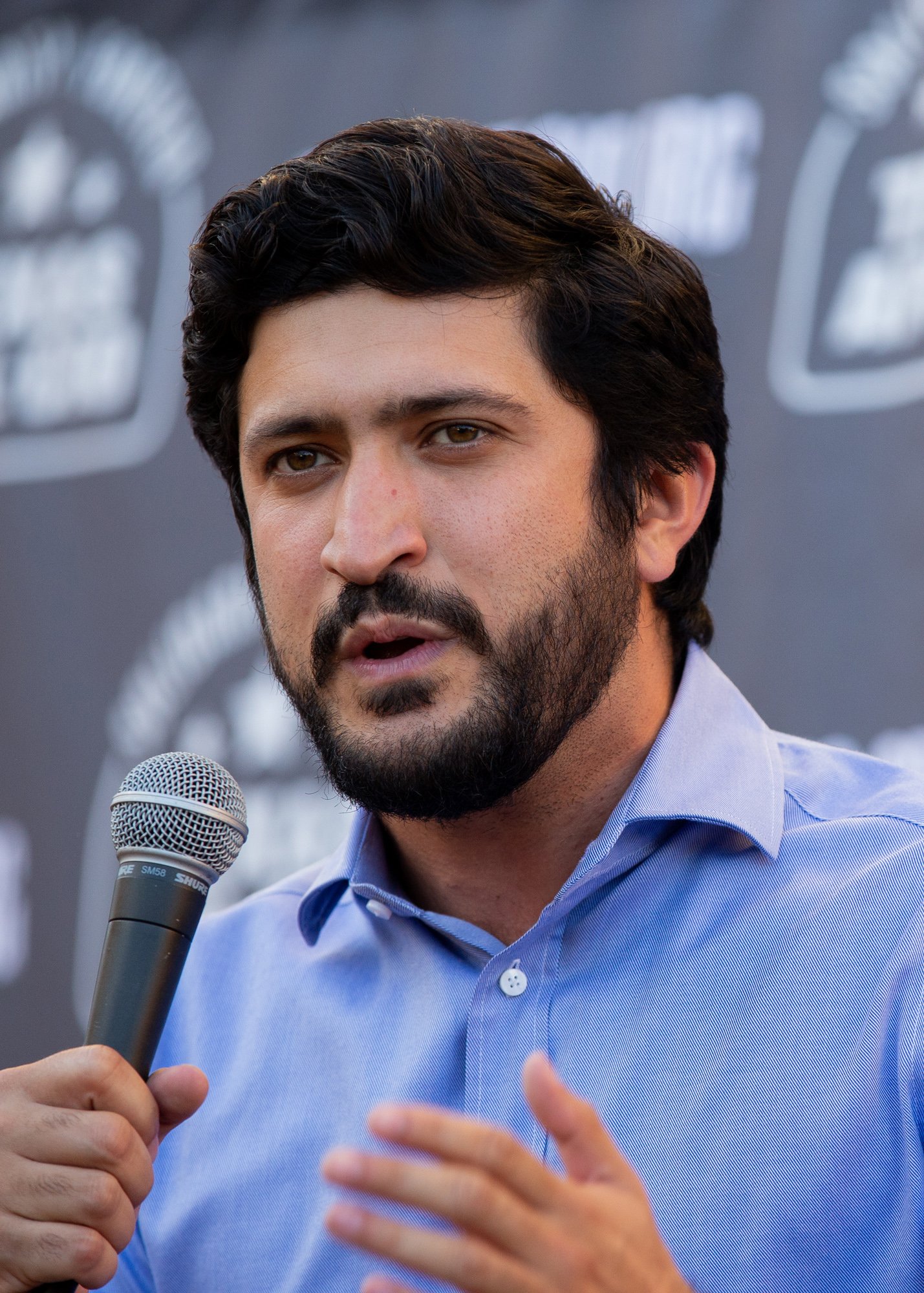Both stores, and Albertson's in particular, have gotten more and more sucky on price jacks starting with COVID and going beyond. In addition, Albertson's often seems to have a problem with items in a weekly sales flier being out of stock. My local Tom Thumb nameplate has gotten better, but in 2022-23 was kind of bad.
In addition, the reduction of jobs would have been an issue, and prices would only have gone hire. In addition, would the merged company, since Albertson's is non-union at best, antiunion at worst, gone into union-busting? In addition, the idea that a third-party grocery distribution company and PigglyWiggly remnants owner could have taken over the 500-plus stores the two had proposed to shed — and which wasn't enough — was laughable.
As for who the competition is? Aldi's is limited, especially on produce. That's how Winco is so much better, plus it has a more robust house brand line than does Aldi. Trader Joe's? Mainly specialty stuff. Not a competitor. Dollar General? Probably not. That said, Wally is. It's more than a grocery store, yes. But, Wallys that have groceries usually have a full lineup, not Dollar General stuff.
The thing is, both stores, and especially Kroger, have a number of things priced more cheaply than Wally. But, they're bad at marketing that!
The Winco in my area is not.
It will load a basket of groceries, then load a comparison basket and list prices on both, with, "$12 cheaper at Winco" on the signs. (They do that with Kroger and Albertson's too, albeit not always with the same items. But that's how marketing works!)
Albertson's has sucked for a decade-plus. They long had a history, whether their name or Tom Thumb, for jacking prices before applying digital coupons, for example.
So, the bottom-line issue is NOT that Walmart is cheaper. It's often not. It's that Kroger and Albertson's have gotten lazy.
I also don't get their CEO suing Kroger rather than fighting to keep the merger. Albertson's proposed dumping just as few of stores as Kroger, for one thing.



